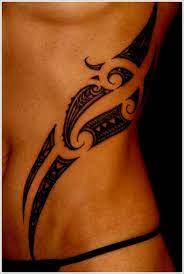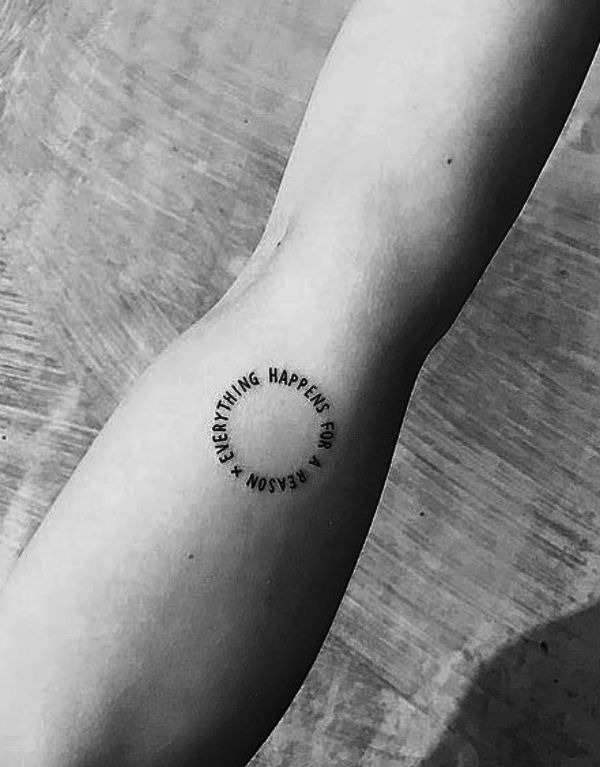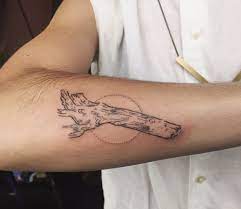
Ta moko tattooing techniques were developed as ancient symbols representing family heritage and social status. These tattoos hold significant cultural and familial links with one’s ancestors and symbolize pride and mana. Despite being painful, they are seen as a mark of dedication.
Ta Moko
Ta Moko is an ancient form of Maori body art that permanently marks an individual’s skin, telling their family history and cultural story. In the past, moko indicated social standing, political achievement, and personal accomplishments. Women wore mojos for special events and transitioned into adulthood. However, due to colonization and missionary influence, the use of moko declined over time. Traditional Maori tattooing is returning, allowing people to reclaim their heritage.
Mokoko Kaae
Maori tattoos have historically served as visual expressions of ancestry, life journeys, and legacies. They are considered sacred body art and an essential rite of passage for Maori women. Approval from elders was required in the past to receive traditional Maori tattoos, indicating the worthiness of wearing one’s identity permanently. Nowadays, moko is being embraced by young urban Maori as a way to honor their heritage, although there are concerns about cultural appropriation.
Manaia
Manaia is a symbol with significant meaning for Maori people, representing a mythical creature acting as an intermediary between the physical and spiritual worlds. Many view it as a good luck charm and wear it on their shoulders for protection against harmful spirits. The Manaia tattoo design is a beloved Maori symbol, allowing individuals to express their love for Maori culture boldly. It comes in various styles and colors and can be personalized.
Hei Tiki
Maori women often opt for large, bold tattoo designs on their chest and back. These areas provide ample room for incorporating patterns and lines. Maori tattoos symbolize strength, courage, and warriors. Shoulders and legs are also ideal locations, especially for tattoos that ward off evil spirits and harm. The designs feature intricate spiral or round patterns deeply rooted in Maori culture, spirituality, and mythology. Each method has a unique meaning, from strength and protection to family lineage and honor.

